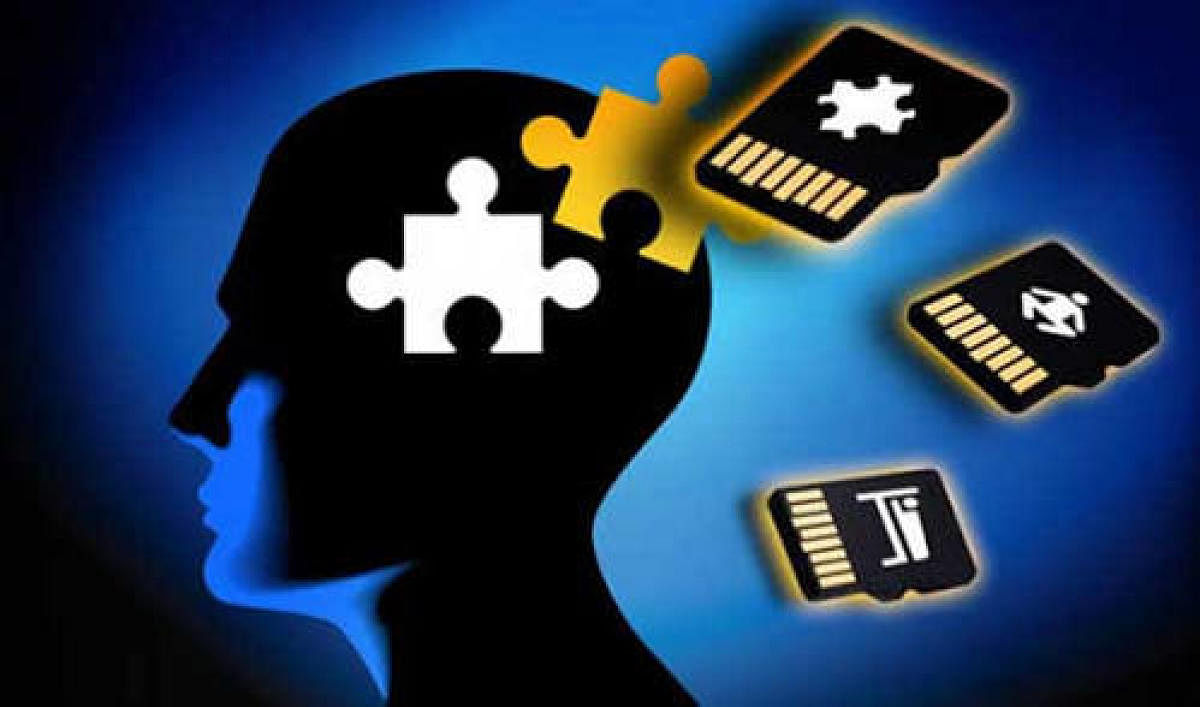
Worried about your loved ones with Alzheimer’s losing their way home or anxious about the deteriorating condition that does not let them recognise you? Here is an app that can help.
Students at PES University have designed a mobile phone application targeted at helping those with memory loss. A group of seven computer science students from the university believe that this helps those with dementia and Alzheimer’s.
With features that help them with essential features for someone with memory loss, the app is yet to be made available on a public platform as students are looking at collaborating with medical professionals for the trial.
The app has sections to the functioning aspect: the social and the simulative. “The social part of this app helps the patient or the patient caretaker upload photos of family members and friends that will later help the patient identify them by names,” said Animesh Narayan Dangwal. He was one of the mentors on the project at the Microsoft Innovation Lab which was done as part of their summer internship.
While this is one of the features that help the patient recall things, there are others that help make their dietary plans, medications and schedules for the day (including new activities).
“It also keeps a track of the patients to make sure they do not wander away. Soon, as the patient crosses a certain boundary, an alert is sent to the family members. If they lose their way home, patients can get directions at a touch of their mobile screens,” he added.
The application also sends alerts to patients to complete certain pending tasks, the notification of which is turned off only when the task is complete. Similarly, for a patient attempting to make repeated calls, the app sends alerts if calls have been made in less than a few minutes time and the patient has forgotten the same.
Patient attendees are expected to take a test prior to the installation of the app. This is a general questionnaire that helps assert what stage of memory loss that is. “We hope to help those with mild to moderate memory loss,” said Dangwal.
Through the app, students explain, they have tried to help slow down the progression of the disease. “We are using brain-boosting games and memory improving techniques,” he said. Avinash Kumar, another student from the same college as a co-mentor.